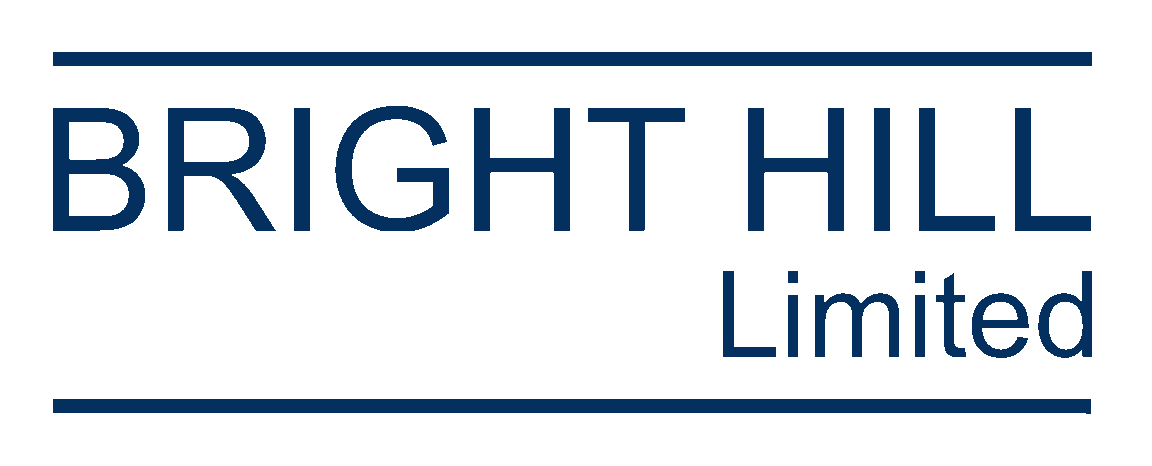Frequently Asked Questions
General Questions
- Q. How is Bright Hill innovative?
A. We are innovative in a number of ways from the ‘standard’ property investor and developer, primarily through our desire to work collaboratively with homeowner, investors and commercial property owners with the creative strategies we employ.
We fundamentally believe that by working with you (not against or cutting you out) and sharing profit, all the parties involved end in a win win situation financially. By working this way, we can often reduce costs which make deals work that previously would simply not be viable.
- Q. What is the difference between all the deal structures you are proposing and how will I be protected?
A. It’s important to understand that all deal structures are slightly different, and these tools serve (often) very different purposes. While the end result might be the same the path and time it takes to get there does differ, resulting in different ramifications and responsibilities for those involved.
Given the above nuances, it is important that everything is taken into consideration when looking at deal structures, so not to trigger an unwanted situation or tax liability. Which is why we instruct specialist solicitors who understand what we are trying to achieve and why. This offers everyone much more security and assurance that the process has been undertaken correctly to meet everyones needs.
- Q. Referral fees, how do they work and how much money will I make?
A. If you successfully introduce Bright Hill to a client and we sign a contract with them (in whatever capacity that might be) we will look to pay you a referral fee. The amount you receive will vary, depending on the type of client/project introduced but, typically you could expect to receive anything from £2,000 - £25,000. We are happy to pay referral fees on good deals and work openly and honestly – any introduction will be in confidence and will be carried out with integrity and honesty at all times so rest assured if you put us in touch, you will receive a fee.
Please get in touch if you have any further questions or would like to know more about how this works.
- Q. Can Bright Hill be more specific about how much money I could make?
A. Homeowner/Commercial Property Owner – unfortunately not as every situation and property is different it would be impossible to give you a figure without working though all the figures and other constrains. Our approach is unique and tailored to each opportunity, your desires, time restrictions etc and there is no ‘one size fits all’.
Investor – this depends on what level of involvement you want, how you want to invest, the level of your investment and how long you want us to hold funds. Typically however, if you simply wanted to invest money (upwards of £50,000) for a 2/3 year period you could expect at least 10% return.
- Q. Bright Hill refers to a ‘Substantial Returns’ please advise what this means in reality for me?
A. Much like the question above its impossible, without having all the details, to be able to quantify this in a figure.
However, if we progress with a deal, as a minimum it needs to make Bright Hill 25% or more. Therefore if we proceed on a deal, it will, by defaul, mean you will gain a signficant uplift in value (because we are likely to be profit sharing). As a result it will be worth the time a deal takes to go from start to finish.
- Q. I am concerned that my position may not be secure, how am I legally covered?
A. Every situation and person involved is different, therefore we look to tailor (with legally binding contracts) every deal to tie in with your situation whether you’re a Homeowner, Investor, Business or Joint Venture Partner, or Commercial Property Owner.
All our legal documentation will be drawn up by an appropriately skilled solicitor and available for scrutiny to ensure all parties are happy with what they are signing. We always strongly advocate that all parties seek their own, independent legal advice.
It’s important to understand that the whole ethos of Bright Hill is to work with people, not against them. We are always open and transparent and want to get the best possible outcome for all parties involved (including ourselves). We will do our upmost to ensure adequate and proportionate protection is in place, and that if the worst does happen, cover is in place.
- Q. Why is Bright Hill beginning to shift some of its focus into the Commercial Property Market?
A. In short because there are huge opportunities financially to benefit from. We are a business not a charity and feel there are lots of underperforming assets that with our input will produce excellent returns (either through sale or an income stream).
When it comes to our approach in the commercial property market, we are not looking to reinvent the wheel but capitalise on opportunities that are either too small for institutional investors or that have simply been overlooked.
- Q. Please can you define what you mean by ‘Capital Increase’ ?
A. It will be agreed between you and us. Where you or we feel the need, we may engage a qualified charted surveyor to assist us in determining the right value.
- Q. What is Stamp Duty and why is it not being paid, surely this is not allowed by HMRC?
A. Stamp Duty is a tax paid to HMRC by a purchaser of a property (and on stocks and shares). Depending on the buyer’s situation and the value of the property, this tax may be exempt, but conversely a heftier levy may be applied if the buyer falls into a different category. Depending on how a deal is structured Bright Hill Properties may not have to pay this Tax because technically we may not actually be buying the property, therefore no tax is due.
- Q. What is a Sale and Leaseback?
A. It’s just that; a Sale of property, with the seller Leasing it back from the new buyer. It works exceptionally well in many situations, as it gives the seller (normally a business) the flexibility to remain in a building they (had previously owned) and operate out of, while freeing up any capital value that is embedded in the building. Conversely it gives the buyer the security they may want from a tenant who is providing an income stream.
- Q. What is Capital Gains Tax (CGT) and why is it not being paid, surely this in not allowed by HMRC?
A. Capital Gains is a tax paid to HMRC by someone who makes a profit on an asset (in this case property) when they sell. There are, however, some exceptions and depending on your position you may qualify for such an exemption. Such an example would be if the property is your main or principle private residence.
- Q. What is an Option Agreement?
A. An Option Agreement can be used in a variety of situations to give a seller and buyer security and flexibility. It is a completely tailored document making it a great tool to fit many unusual situations and can include any number of clauses to suit all parties.
It is a legally binding document that in its basic form gives a buyer the ‘option’ (right) to purchase a property for a pre-agreed price from a seller within a specified period of time, normally in exchange for some kind of premium to the seller.
- Q. What is an Exchange and Delayed completion?
A. This is a normal sale of a property, but with longer between exchange of contracts (when a deposit is paid, and everything becomes binding) and completion (when full sale funds are paid, and the deal completes). Again, this can be a useful tool for all parties involved and has many similar benefits to an Option Agreement or Sale & Leaseback.
Homeowners Questions
- Q. I don’t fully understand how you operate. How does the joint venture structure work?
A. Our aim is to help you to sell your property for significantly more than its current market value without any further effort or investment from you. We do the heavy lifting and take most of the risk.
Working in a joint venture structure with you, we can significantly increase the current value of your property without having to buy your property.
The structure is simple: you bring your property to the deal (which remains under your ownership at all times) and we do the rest. Using our skills, expertise and funding we’ll run and deliver a project which maximises your property’s value before selling the property (on your behalf) and sharing its increased market value (profit) with you.
- Q. I have not heard about this before and I am nervous?
A. The practice is used regularly in the commercial world. It’s potential within the residential sales market has been overlooked in favour of off-the-shelf traditional practices, which is why you (and even estate agents) have not heard about it before. We can recommend solicitors who understand this structure and can offer advice and understanding. If you went on to use a solicitor recommended, they would of course act solely for you to ensure that your interests are protected.
- Q. How long will the process take?
A. Every project is bespoke with all works and timeframes agreed with you from the outset as part of the negotiations. Typically, a project will operate in three phases:
1. Preparatory works - We carry out standard sales due diligence as if we were purchasing the property. This is also when we agree our terms and sign a contract with you. On average this takes 4 - 6 weeks.
2. Construction - We undertake the agreed strategy and or program of works (rough timeframes will be provided to you in advance during phase 1). Depending on the size and scale of the project we anticipate this ranging anywhere between 3 and 12 months and is subject to obtaining the necessary permissions.
3. Selling - As soon as the works are completed and in some cases before, we begin to market the property for sale on your behalf. Once a buyer is found, the sales process begins. Because we will have already carried out the bulk of the sales due diligence at the start of this process (subject to the buyer’s position) we don't anticipate this taking long, at most 2 - 4 weeks as we will have all the relevant documentation in place.
- Q. What is my profit?
A. The profit is the amount of money made after deducting the development cost and the current agreed market value, including all associated fees, from the new increased market value of the property after the works are complete.
- Q. What criteria is Bright Hill looking for in a property owner?
A. We deliberately want to be non specific. What makes us innovative and where we make money is our ability think outside the box and go against convention. Once we have all the relevant information we will work out if an opportunity exists and if we want to take things further.
- Q. Will I be taxed on the profit?
A. It depends on many factors and your tax position, but if you own the property as your main residence, which is often referred to as your 'Principle Private Residence’, then no, any capital uplift is free from tax.
Note: Because we are not actually intending to purchase the property in the same way a trading developer would, we will not have to pay Stamp Duty. This is a substantial saving which we can pass onto you.
- Q. How will the profit share or my uplift be calculated?
A. There are two main mechanisms to achieve this and you will typically get one of the following:
1. Fixed Profit: An agreed fixed value uplift above the current agreed market value.
2. Percentage Profit: An equal share of any uplift in value achieved at sale between the invested parties (typically, you, us, our contractor and/or investors).
- Q. How will the value of the property be determined?
A. It will be agreed between you and us. Where you or we feel the need, we may engage a qualified charted surveyor to assist us in determining the right value.
- Q. What if the works overrun or go over budget?
A. Where we agree a Fixed Profit approach there will be no change to the agreed profit you receive. Under a Percentage Profit structure, Bright Hill will bare the additional cost for any works which overrun more than 30% over the agreed budget.
- Q. When an offer is received on the completed project who makes the decision on sale?
A. Bright Hill does. Our interests here are totally aligned, we both want to get the best value from the property and while we always endeavour to discuss any sale with you, as we are the ones taking the financial risk, this is a decision we have to be able to make. However there will be fail safe restrictions in place which will offer you protection.
- Q. What happens if the property does not sell or the price goes down?
A. The structure is set up to protect your interests. In most cases, if the property has not sold after the agreed sales period, Bright Hill will start incurring penalty charges owed to you. Then, after an agreed fixed period of time we will be liable to complete on the sale with you at a pre-agreed price.
- Q. Where do we live when the works are being undertaken?
A. When the works are due to start, we require the property to be vacated. We may agree to remunerate you to cover some or all of associated costs incurred by this.
- Q. Do I get a say on the design?
A. We are open to discussions and always welcome your input, however with over 10 years of industry experience this is where we add value, so we need to be able to undertake the works we know will create most value. All our projects are carried out to a high specification and although we will have the autonomy to act as we think best, we will endeavour to involve you where appropriate.
- Q. What if my circumstances change and I decide not to sell?
A. We will be entering into a binding agreement and both you and Bright Hill will be legally obliged to fulfil our respective obligations under that agreement. Failure to comply would result in significant financial penalties being applied to you or us.
We understand people's positions can change and if you no longer want to sell, then you would need to buy us (Bright Hill and/or our investors) out of the arrangement. This cost would be determined by an independent expert, if not agreed and would include, but not be limited to: the costs of the project to date, including our professional fees; our share of the project’s anticipated profit; and the fees resultant from the termination of our agreement.
If you’re not able to cover these costs, the contract will generally grant us the right to sell the property, although this is always a last resort. In such an event you would still receive your share of the upside generated by our works as per the original contract.
- Q. What happens if Bright Hill goes bust?
A. This is an extremely unlikely situation, but if the worste should happen, you will still own the property. We would forfeit our rights over the property and subject to agreement and the value of any project, there may be other provisions in place which protect your position.
Investors & Business Partner Questions
- Q. How much money do I need to partner with you?
A. We only consider partnerships from £15,000 upwards, but are happy to discuss all investment opportunities in either Bright Hill, specific properties or for any projects undertaken by Bright Hill.
- Q. How long will my money be tied up for?
A. We would require any investment to be for a minimum term of a year, although depending on the investment this might be longer. If you suspect you might need a faster return or liquidity on your investment in the short-term, we do not recommend partnering with us.
- Q. Will my money be protected?
A. No. The value of your capital can go down as well as up. We are not regulated and offer no guarantee on your investment. While we will do our best to ensure every investment is successful – our profit depends on it – like every investment, there is no certainty.
- Q. How involved in the decisions will I be?
A. The terms of your investment will be negotiated on an individual basis, but typically your involvement will be limited as we need autonomy and ability to move quickly unless you are working with us in a business partner capacity.
- Q. What criteria is Bright Hill looking for in an investor or business partner?
A. We deliberately want to be non specific. If you would like to invest, have an opportunity or want to become a business partner then please get in touch. What makes us innovative and different from most other companies is that we look at every opportunity, investor or business partner in their own right to work out if there is a combined synergy, benefit or profit.


